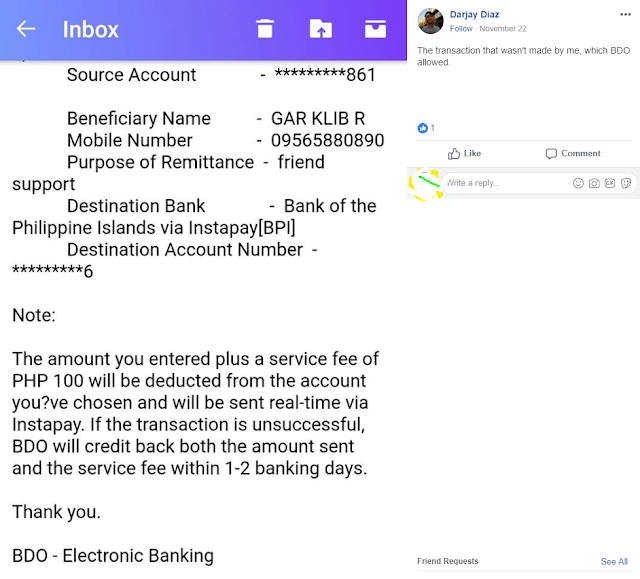MARAMI ang naniniwala sa feng shui at hindi maikakaila na maraming interior designers ang gumagamit nito bilang guiding principle sa pagsasa-ayos ng bahay. Hindi man maiga-garantiya nito ang agarang pag-yaman ng isang tao, ngunit walang mawawala kung susundin ang mga tricks na ito.
Kung masusunod, isa lang ang maipapangako ng post na ito, at ito ang pagkakaroon mo ng stylish at magandang bahay! Basahin ang mga ideas na ito at alamin kung saan sa mga ito ang puwede mong subukan para sa sarili mong bahay.
1. Panatalihing malinis ang entrance ng iyong bahay.
Ayon sa Feng Shui, importante ang pagkakaroon ng neat and clean entrance upang maging "welcoming" ito para sa swerte at pera.
Sino nga ba naman ang may gusto na marumi o nagkalat ang front door ng bahay nila? Nakakapag-init ng ulo kung darating sa isang bahay na entrance door pa lamang ay magulo na. Baka sa halip na papasok ang swerte ay lalabas na lamang ito.
Ads
2. Mag-lagay ng decoration na color pula, green o violet
Sariling bahay, sariling desisyon ng kulay. Ngunit ayon sa Feng Shui, ang color na pula, green at violet ay natural na mga "money magnets."
Ang nasabing mga kulay ay konektado sa yaman, kasaganaan at swerte.
3. Mag-lagay ng gold elements
Ayon sa principles ng Feng Shui, ang color gold ay nagpapahiwatig ng swerte at may malaking papel sa pag-akit ng pera. Isa ito sa mga dahilan kung bakit kasama sa pagsalubong ng Bagong Taon ang mga gold o traditional coins dahil sumisimbolo ito ng prosperity o kaginhawaan.
Sa loob ng bahay, maaaring gumamit ng color gold sa mga items kagaya ng picture frames, throw pillows, wall papers at iba pa.
Ads
Sponsored Links
4. Malinis at hindi magulong kusina.
Sinisimbolo ng kusina ang health, abundance at wealth sa Feng Shui. Ito ang lugar kung saan hinahanda ang pagkain para sa katawan at isipan, dahilan kung bakit importanteng malinis at hindi ito magulo.
Importante din na "spotless" ang kalan o stove sa kusina dahil sa Feng Shui ito ang nag-rerepresenta ng career at wealth. Kung araw-araw malinis ang lutuan mo, maiiwasan ito ang pagpasok ng negatibong enerhiya sa loob ng bahay mo.
Sino nga ba naman ang mag-e-enjoy sa pagluluto sa maruming kusina?
5. Akitin ang kaginhawaan sa pamamagitan ng wood furniture
Hindi lamang nakaka-akit ng kaginhawaan sa Feng Shui ang paggamit ng kahoy ngunit nakakapag-patibay din ito ng relasyon ng pamilya.
Sa interior design, maaaring magkaroon ng wood kitchen cabinet na nananatiling popular choice sa loob na ng maraming taon dahil sa timeless appeal nito, maliban pa at talagang matibay ang kahoy.
©2023 THOUGHTSKOTO












































